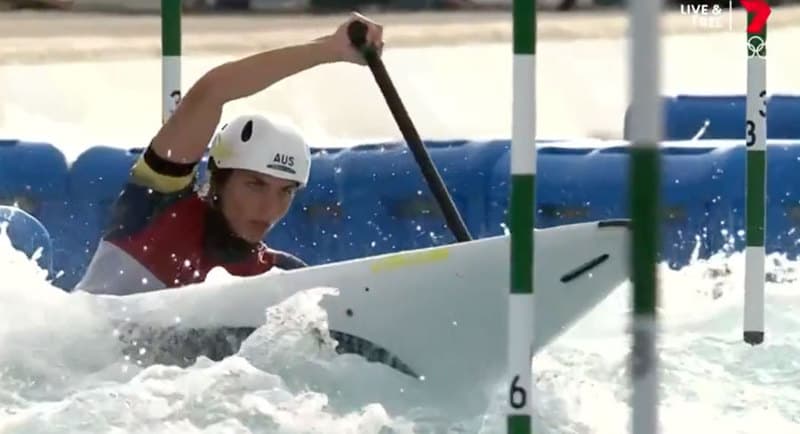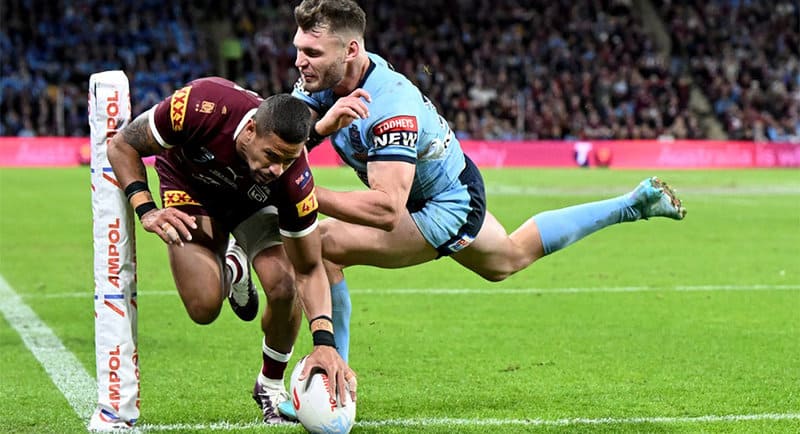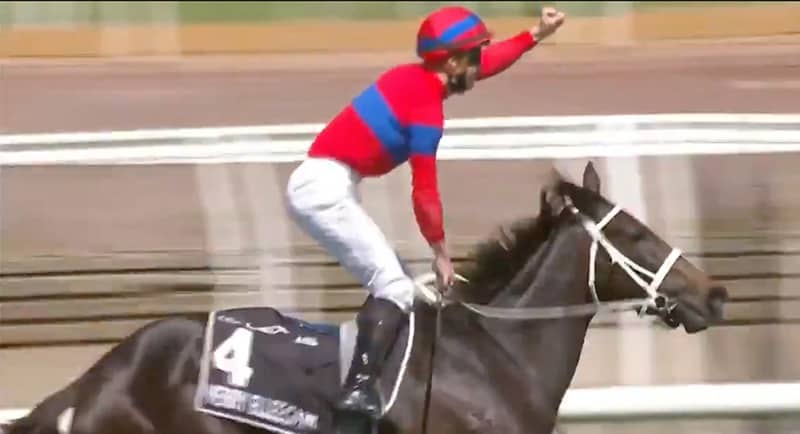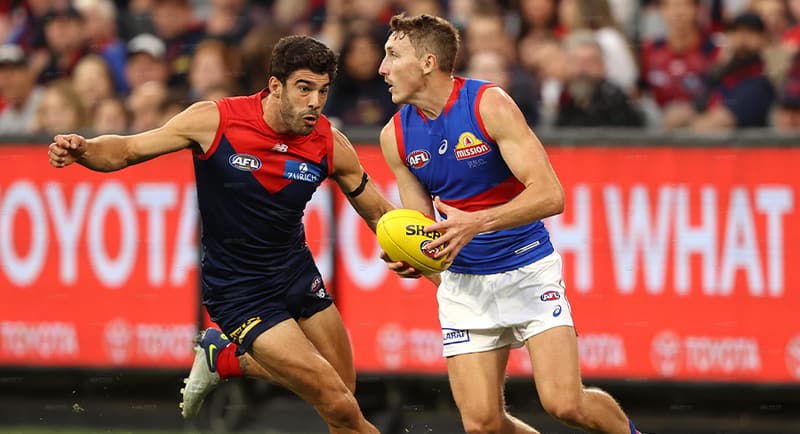With the most recent AFL TV rights deal inching closer and closer to completion, and as speculation builds that more AFL games could end up behind a paywall, Australia’s anti-siphoning laws are back in the headlines.
So what exactly do the laws protect and which events are covered?
What are the anti-siphoning laws?
At its most basic level, anti-siphoning laws give free-to-air broadcasters the chance to buy the television rights to major events, so that they remain freely available to all Australians.
There are two major aims: One is to prevent Pay-TV operators like Foxtel from buying all the major event rights, thereby “siphoning” them off behind paywalls where only subscribers can access them. The other is to make sure that free-to-air broadcasters show the events they acquire live and in full.
The laws don’t guarantee exclusive rights for free-to-air broadcasters, and do not mean they are obligated to purchase broadcast rights for major events.
The laws also don’t stop Pay-TV broadcasters from acquiring the rights to an event. Pay TV broadcasters can acquire the rights to an event if:
• The event is removed from the anti-siphoning list (which happens automatically 12 weeks before an event begins)
• The Minister for Communications manually removes the event from the list
• A national broadcaster (ABC or SBS) or commercial television broadcaster with a combined audience of more than half of the Australian population has purchased the rights
• 7 days have passed since the end of the event

Which events are protected?
The laws apply to events listed on an anti-siphoning list. There are two tiers to the list:
Tier A anti-siphoning events include nationally iconic events, for example, the Melbourne Cup and the AFL and NRL grand finals.
Tier B events include regionally iconic and nationally significant events such as “home and away” matches in the AFL and NRL premiership competitions, the rugby league State of Origin series, and the Olympic Games.
Free-to-air broadcasters that acquire the broadcast rights to Tier A events are required to televise the event live with no delay, or with as short a delay as is technically possible.

The History
Back in 1982, the Australian Broadcasting Tribunal (ABT) held an inquiry on behalf of the Fraser Government into the possible impacts that cable and subscription television could have on the Australian industry. The ABT came to the conclusion that potential siphoning could negatively impact existing free-to-air TV services, and that anti-siphoning laws would be in the public interest.
The Fraser Government didn’t end up bringing in the laws, and it took until 1992 – the same year the Government invited tenders for the country’s first pay-TV licenses – for them to come in. The Broadcasting Services Act 1992 gave free-to-air broadcasters first refusal rights to selected sporting events.
Whilst the Broadcasting Services Act 1992 never set a limit on the type of events that could be restricted due to anti-siphoning reasons, this came to an end when the anti-siphoning list came into effect in 2006. As of right now, only sporting events are listed.

The Full List
The current anti-siphoning list expires in April 2023, and will go under review before then. Until then, the full list of events covered by the laws are:
Olympic Games
Commonwealth Games
Horse racing
• The Melbourne Cup
AFL
• Premiership and Finals games
NRL
• Premiership and Finals games
• The State of Origin
• International test matches played in Australia or New Zealand that involve the Australia team
• Rugby League World Cup matches played in Australia, New Zealand, or Papua New Guinea that involve the Australian team
Rugby Union
• International Test matches played in Australia or New Zealand involving the Australian team
• Rugby World Cup matches involving the Australian team, as well as the final
Cricket
• Test matches involving the Australian team that is played in Australia
• Test matches between the Australian team and the English team, played in Australia or the UK
• One day cricket matches involving the Australian team played in Australia
• Twenty20 cricket matches involving the Australian team played in Australia
• ICC Cricket World Cup matches involving the Australian team played in Australia or New Zealand
• The final of the ICC Cricket World Cup if it is played in Australia or New Zealand
• ICC World Twenty20 matches involving the Australian team played in Australia or New Zealand
• The final of the ICC World Twenty20 if it is played in Australia or New Zealand
Soccer
• Each match of the FIFA World Cup tournament involving the Australian team
• The FIFA World Cup final
• FIFA World Cup Qualification tournament matches involving the Australian team played in Australia
Tennis
• The Australian Open
• Davis Cup matches involving the Australian team played in Australia
• The Davis Cup final if it involves the Australian team
Netball
• The semi-final of the Netball World Cup if it involves the Australian team
• The final of the Netball World Cup if it involves the Australian team
Motorsports
• The Australian Grand Prix
• The Australian MotoGP
• Each Bathurst 1000 race in the Supercars Series
